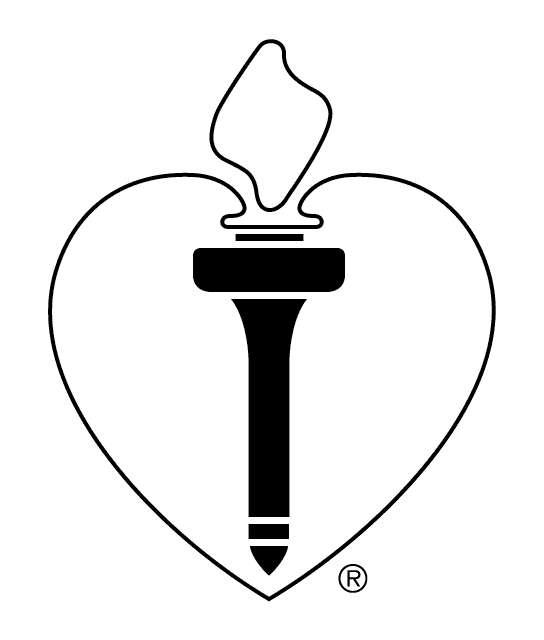Unmatched Cardiovascular Care Every Step of the Way
Where the Art of Medicine Meets State-Of-The-Art
There is no substitute for an in-depth examination performed by a professional cardiologist. At Brooklyn Cardiovascular Care, we supplement this with the most modern diagnostic technology to provide you with the best possible care.
Electrocardiogram (ECG | EKG)
Echocardiography
Electrocardiogram (ECG | EKG)
This is the most basic cardiac test. Sensors are placed on your chest and limbs and your heart rhythm is recorded. This test takes under five minutes and is performed at most visits to the cardiologist.
Exercise Stress Testing
A treadmill stress test is a simple way to evaluate a patient for heart health. During this procedure, you will be asked to walk or jog on a treadmill while we monitor your cardiogram, heart rate, and blood pressure. This test can give information about coronary artery disease, arrhythmia and exercise capacity. It can be useful in the evaluation of chest pain, palpitations, shortness of breath, fainting, and more. This test can be performed at the time of the initial visit and typically takes under twenty minutes. Results are available almost immediately.
The echocardiogram
utilizes ultrasound to visualize the heart and related structures. During this procedure, you will lie on your back or side while an ultrasound technologist applies a sensor to your chest and takes recordings of your heart. This is a valuable way to determine the pumping function of your heart, to identify valve disease, to look for damage from heart attacks, to examine the walls of the heart, and more. It is very versatile and is one of the initial tests used in many cardiac workups . Some typical reasons to get an echocardiogram
include shortness of breath, palpitations, heart murmurs, leg swelling, chest pain, fainting, heart failure, arrhythmias, and follow-up after most kinds of heart disease. This test typically takes about half an hour.
Stress Echocardiography
The stress echocardiogram is a powerful, noninvasive, radiation-free stress test. For this test, you will be asked to walk or jog on a treadmill while we record your heart rhythm and blood pressure. A technologist will use a noninvasive sensor to take ultrasound recordings of your heart at rest, after peak exercise, and during recovery. This provides a more accurate evaluation of heart health than the normal treadmill stress test. Please allow an hour for this test.
24-Hour Ambulatory Heart Monitor (Holter Monitor)
The Holter monitor is a method of monitoring your heart rate and rhythm for 24-48 hours. Sensors are placed on your chest and attached to a small recording device, which is carried in a pouch that can hook onto a belt or a strap. This test is valuable for evaluation of arrhythmias and to monitor the effect of various medications. It can be useful in the evaluation of palpitations, dizziness, fainting, fatigue, and blood pressure variability. The monitor takes ten minutes to place and is removed the next day. This test can be performed at the time of the initial visit.
24-Hour Ambulatory Blood Pressure Monitoring (ABPM)
Ambulatory blood pressure monitoring gives more information than intermittent or daily blood pressure checks. A blood pressure cuff is applied to your arm and attached to a small monitor that you can hang from a belt or a strap. The cuff will inflate and measure your blood pressure at one-hour intervals. This is useful in cases when a patient’s blood pressure varies between the office and home or from time to time throughout the day. It is also useful for evaluating weakness, dizziness, and fainting, and can help determine the effectiveness of a patient’s blood pressure medication. The monitor takes five minutes to place and is removed the next day. This test can be performed at the time of the initial visit.
Ankle-Brachial Index (ABI)
This test is used to evaluate peripheral vascular disease. Blood pressure cuffs are placed on the upper and lower limbs, and measurements are made and compared. This test can determine if a patient has plaque in the arteries of the leg. It takes ten minutes and can be performed at the time of the initial visit.
Get same-day appointments with our experienced cardiologist. Call us at
718-238-2980.
718-238-2980.
Brooklyn Cardiovascular Care is a handicap-accessible facility. Patients with disabilities can easily access the facility from the street or the parking lot.


